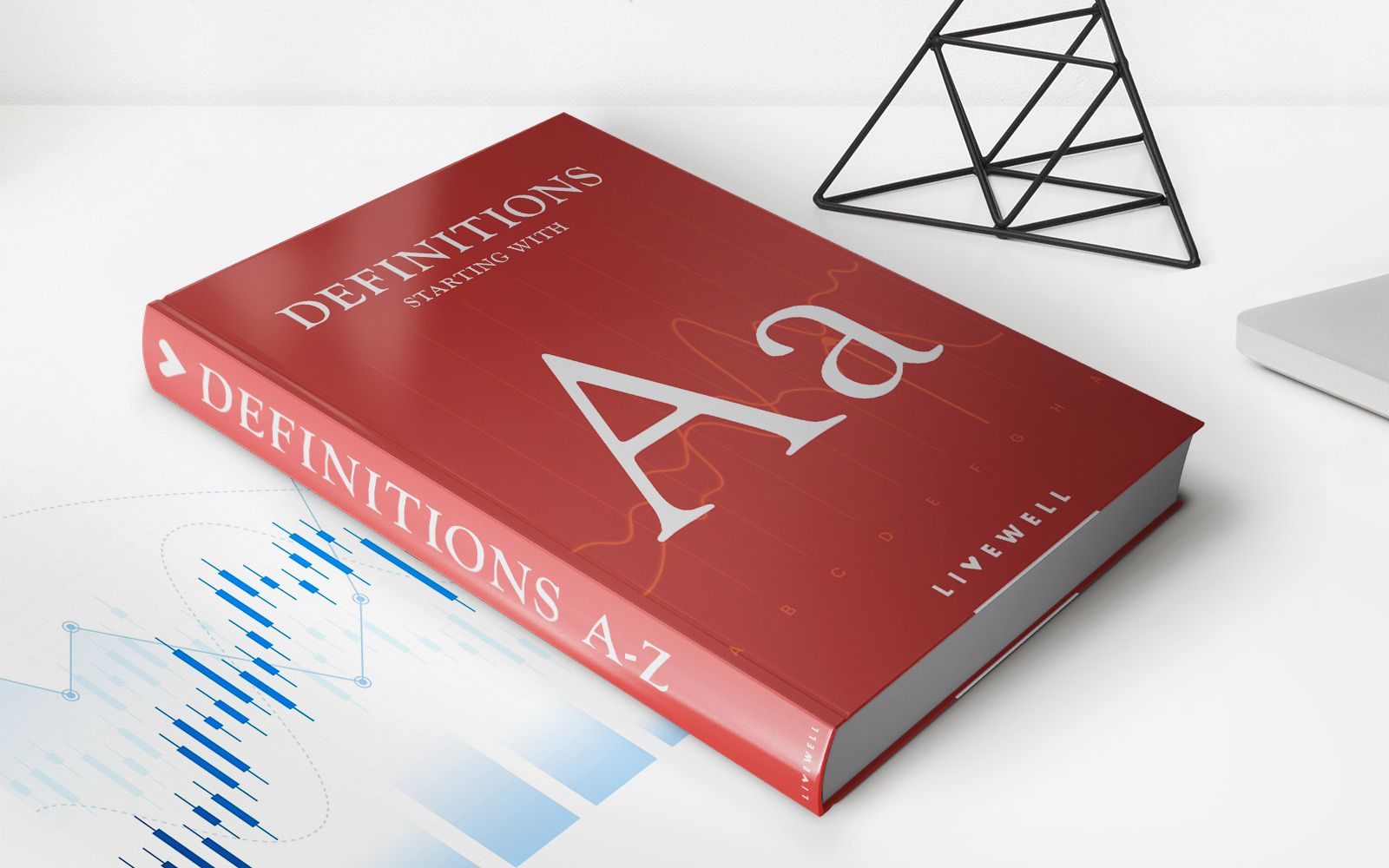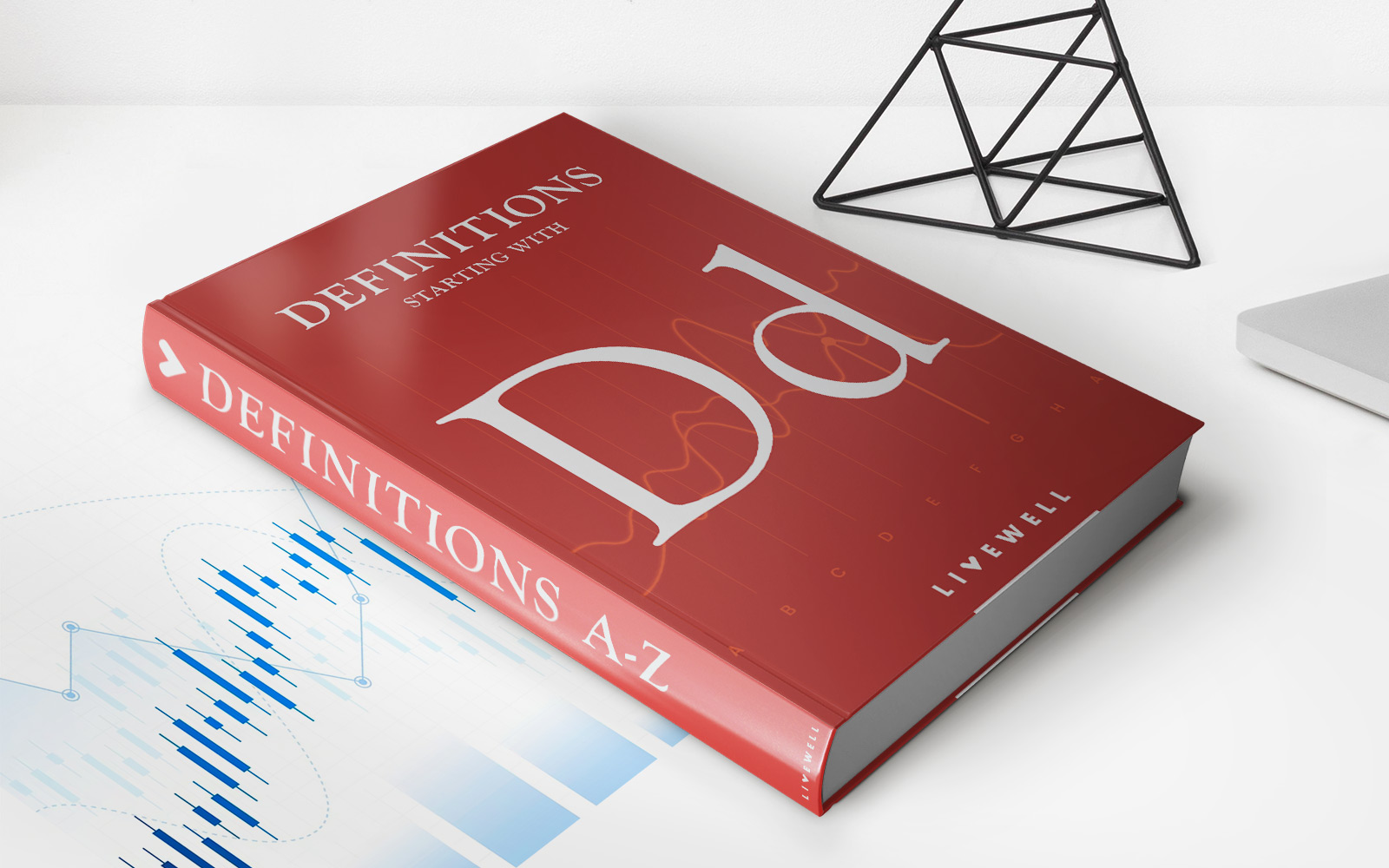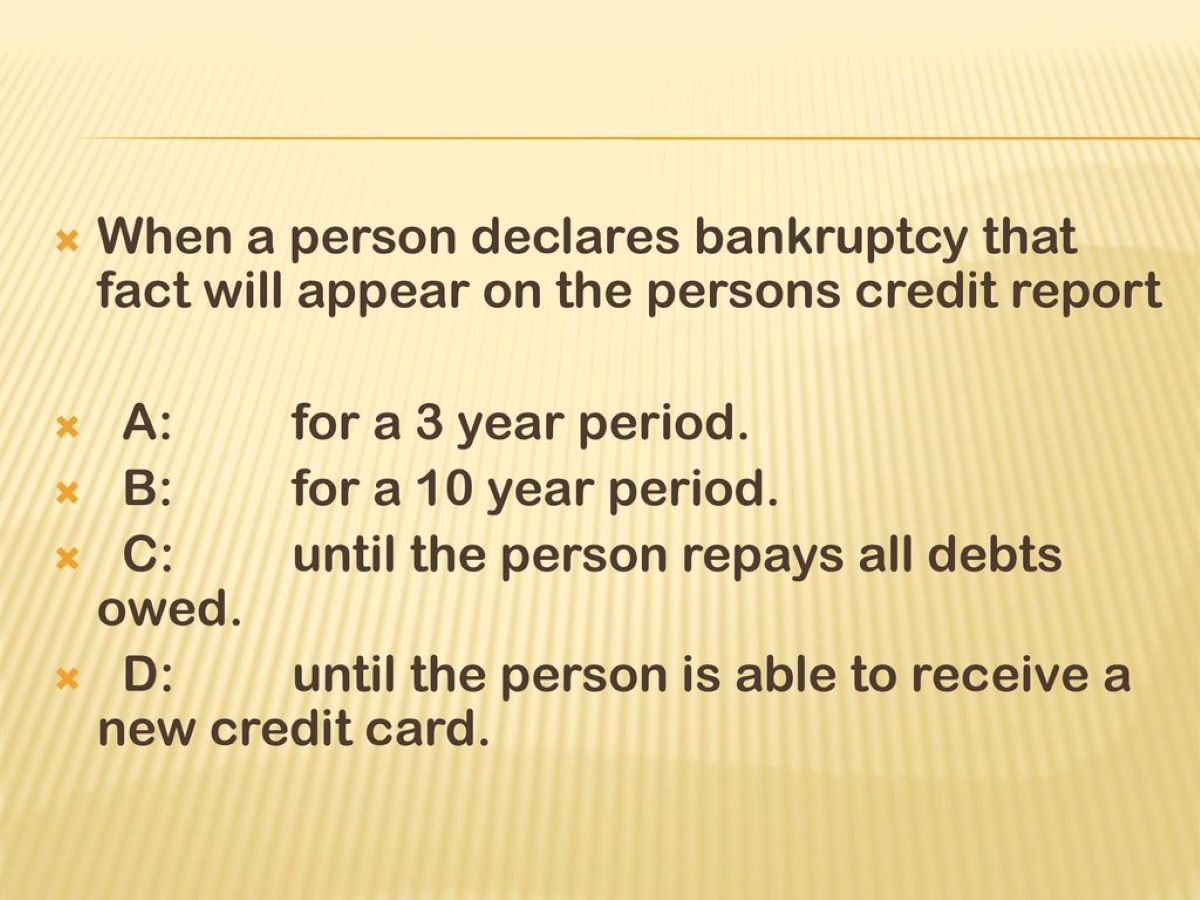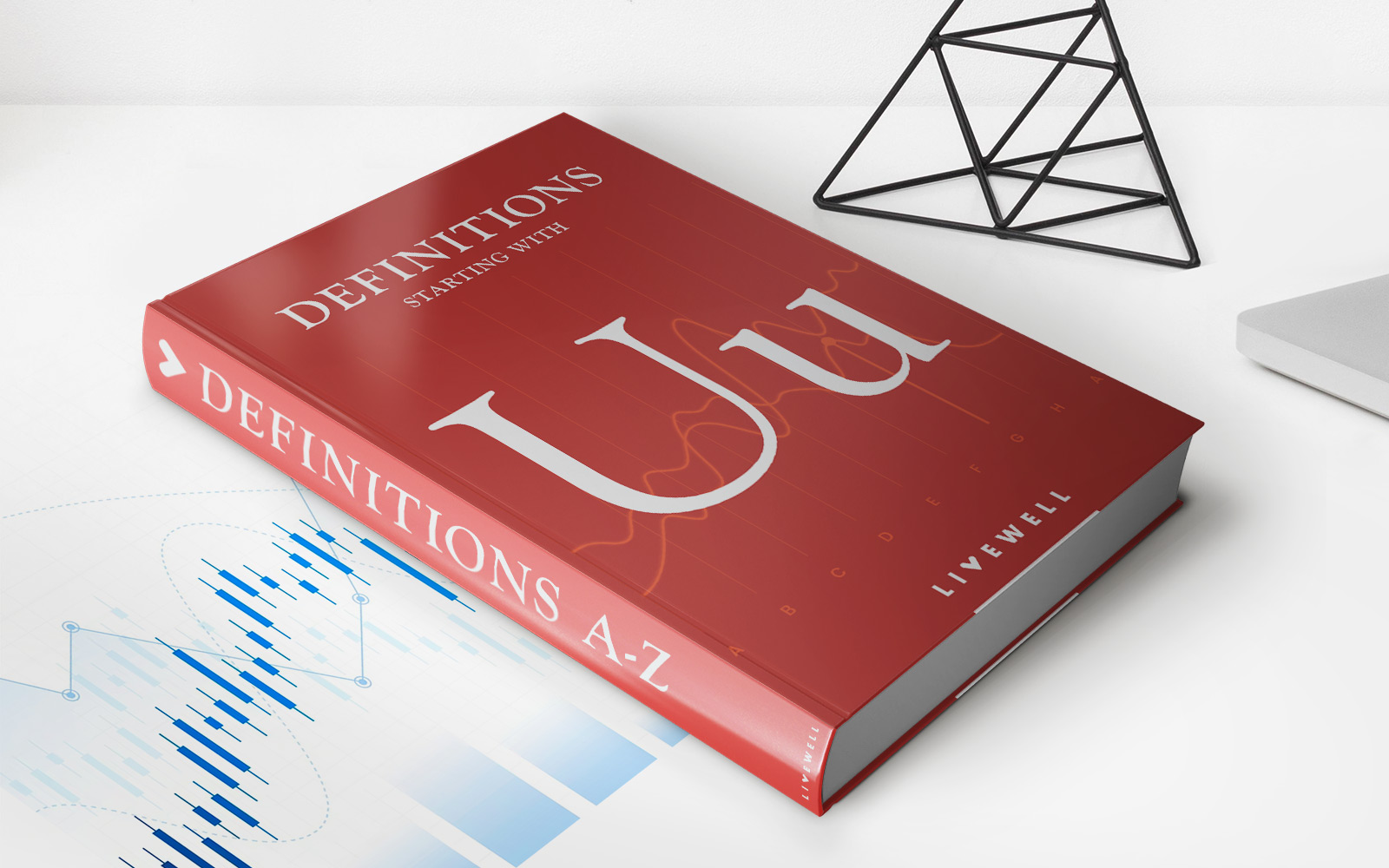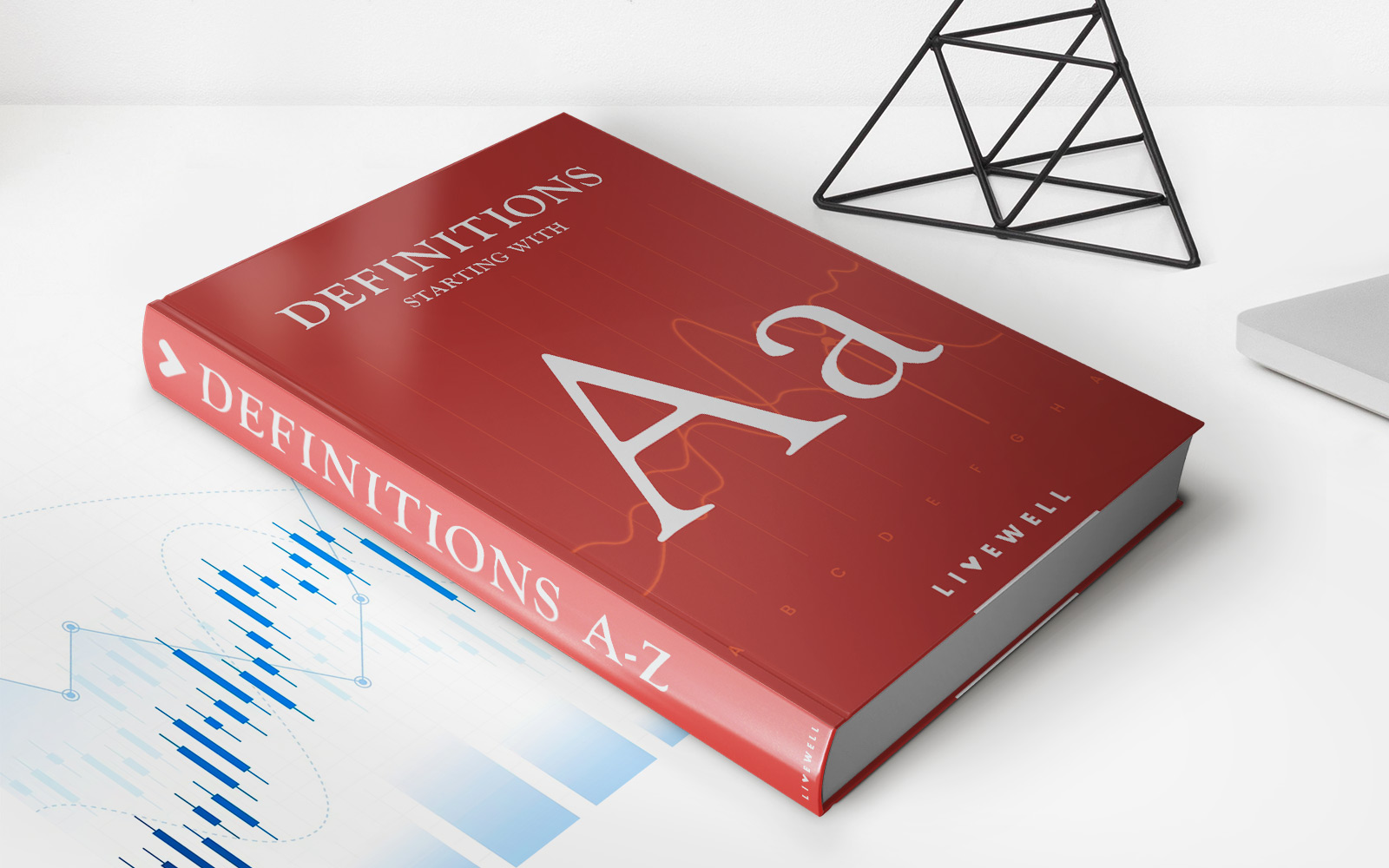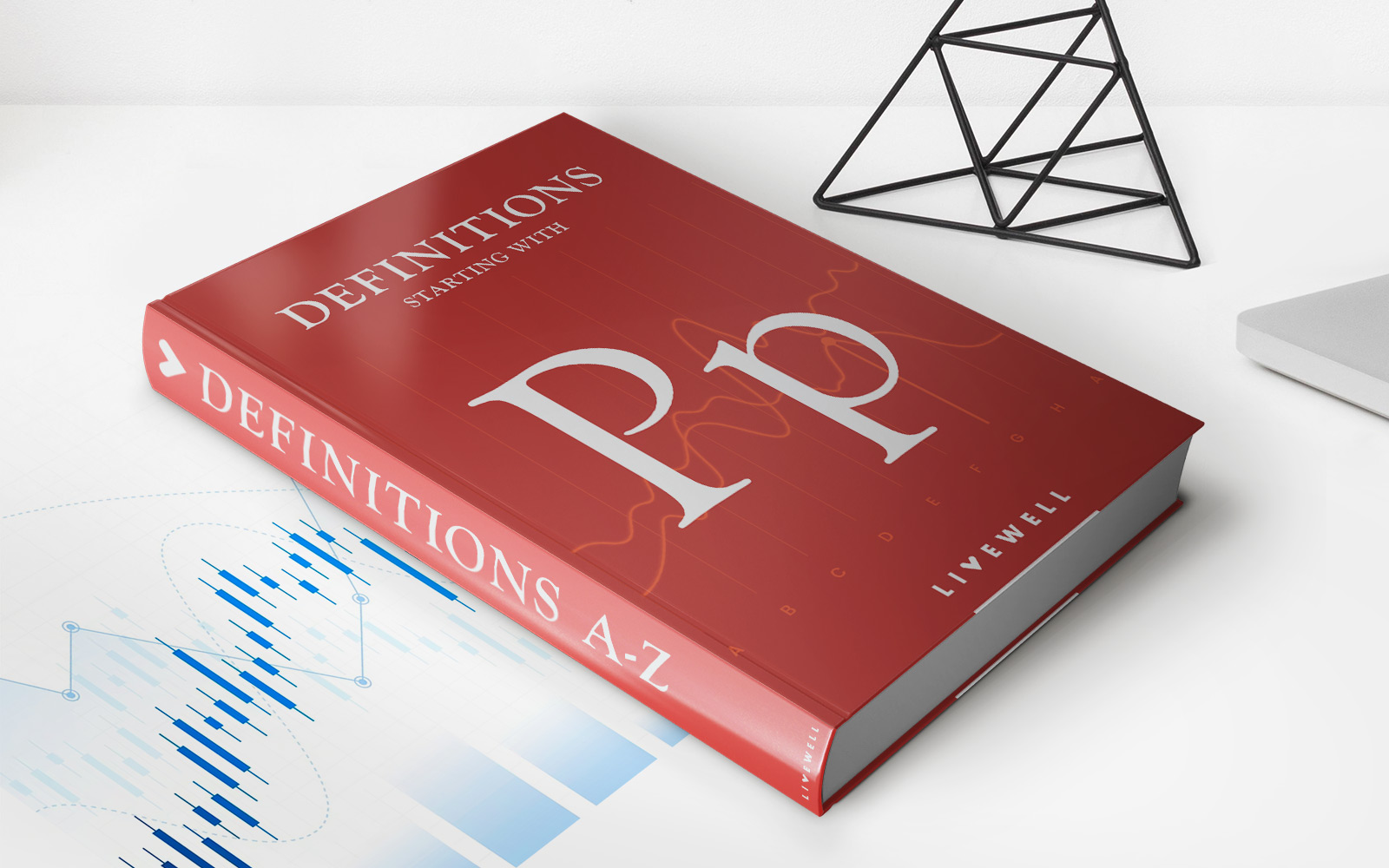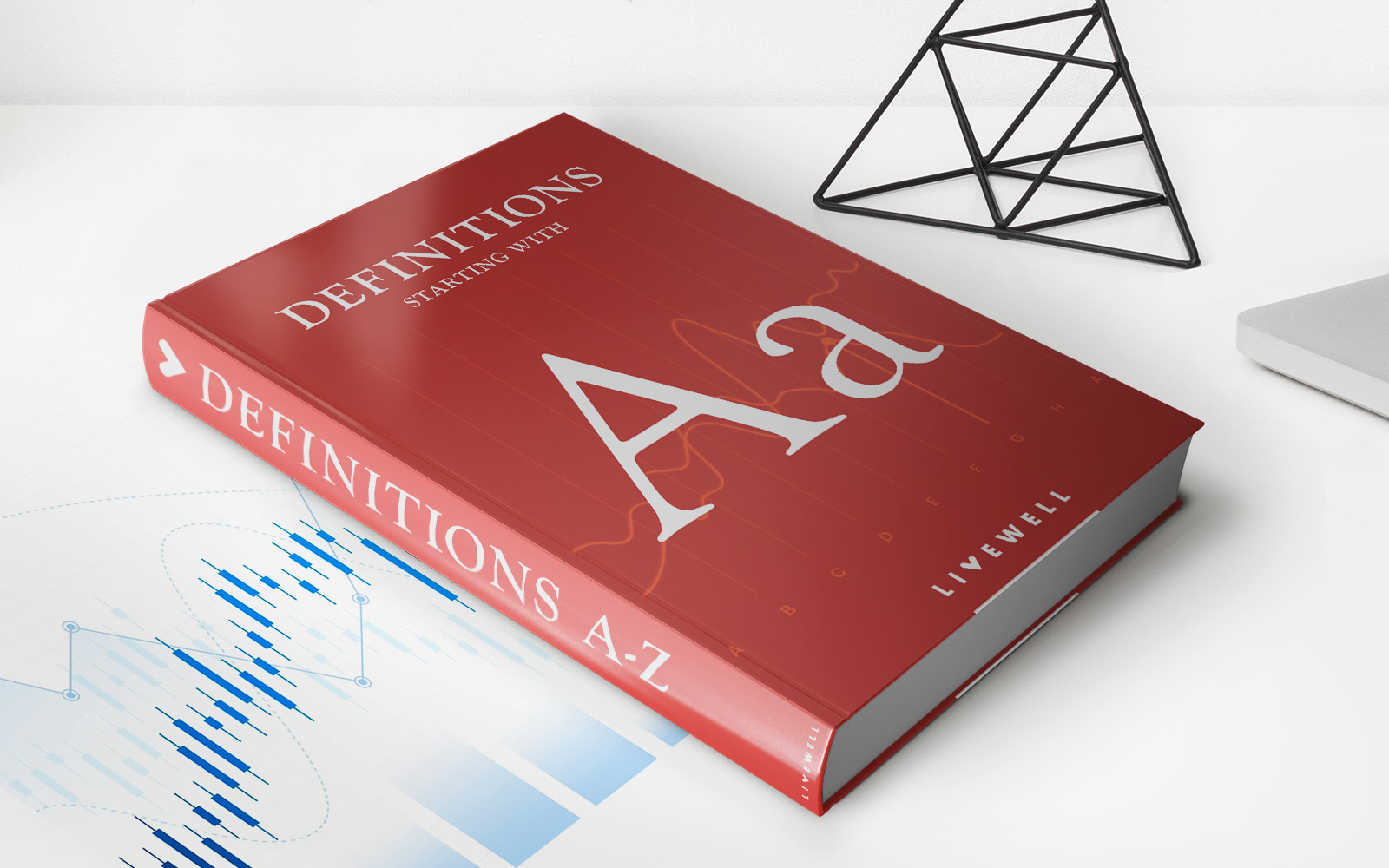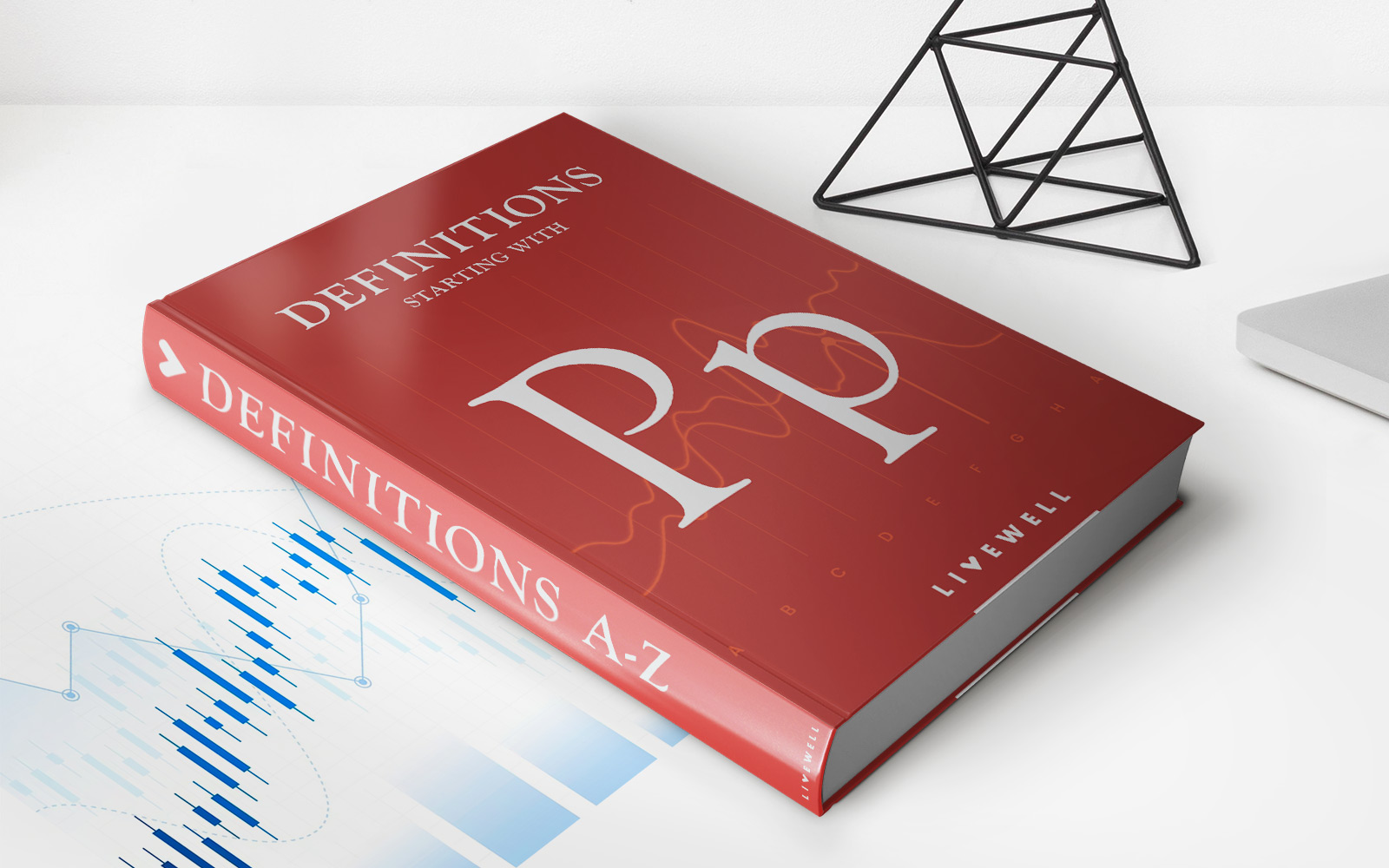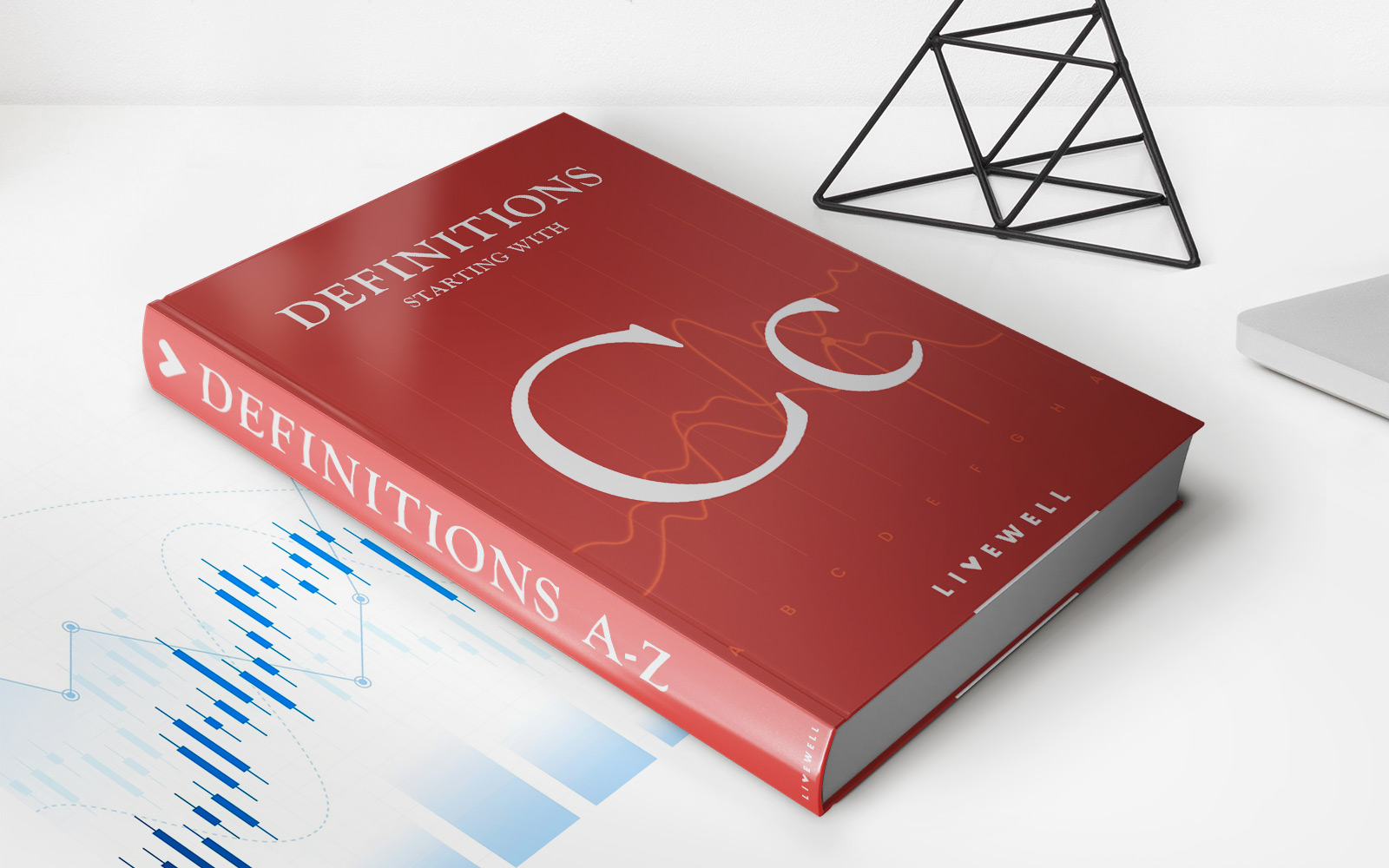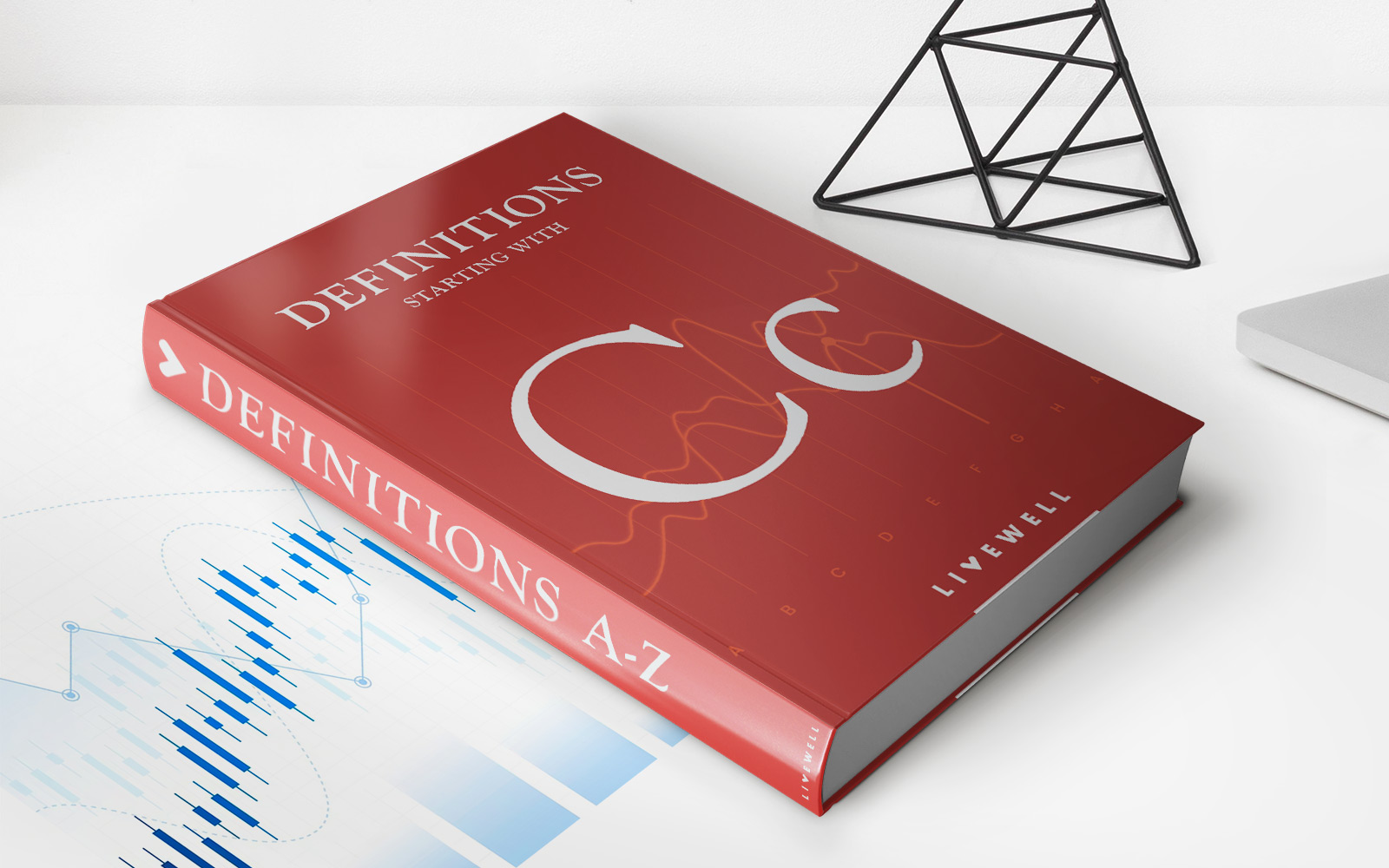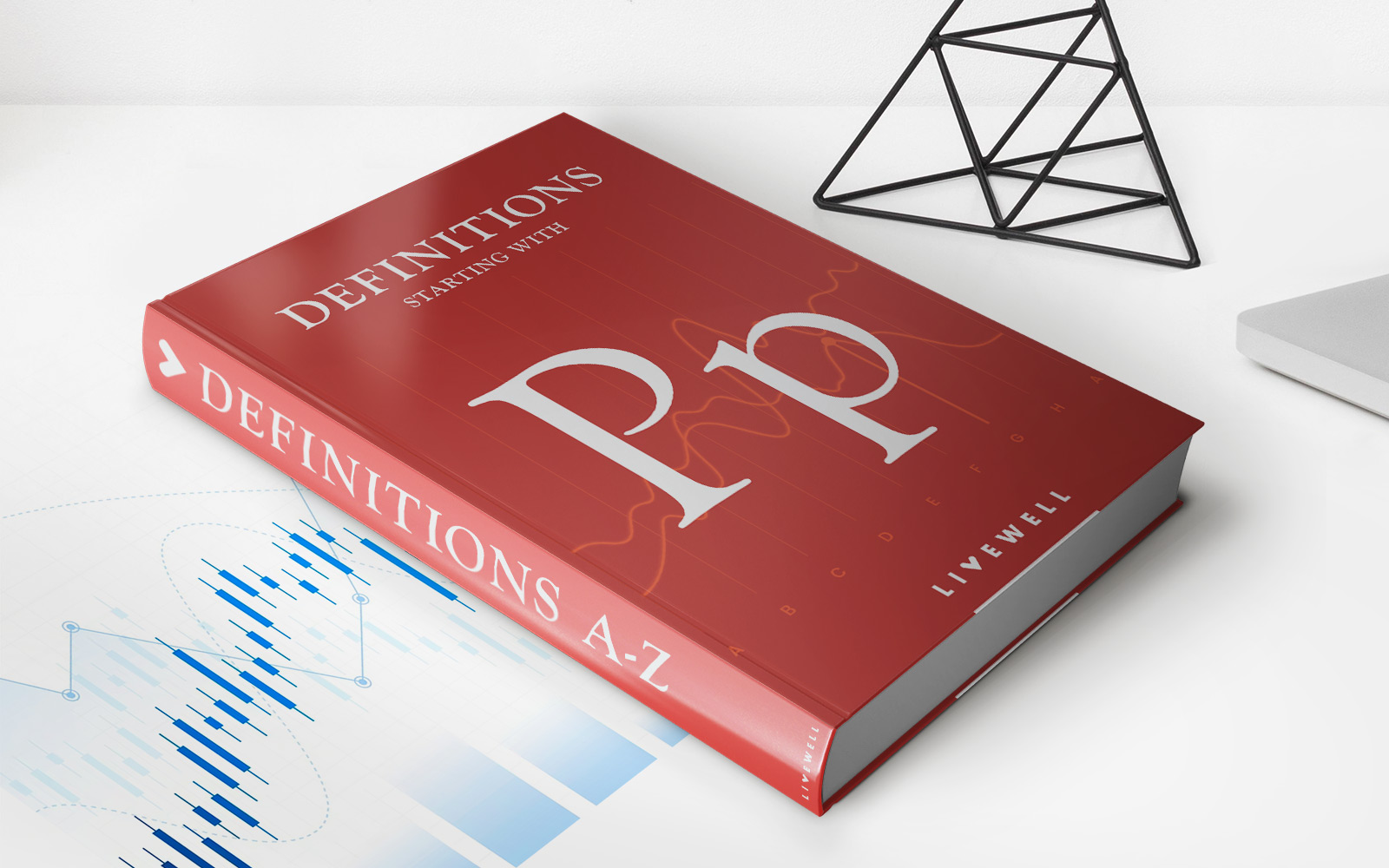

Finance
Personal Income And Outlays Definition
Published: January 7, 2024
Learn the definition of personal income and outlays in finance. Understand how these terms relate to your financial situation and budgeting.
(Many of the links in this article redirect to a specific reviewed product. Your purchase of these products through affiliate links helps to generate commission for LiveWell, at no extra cost. Learn more)
Personal Income and Outlays Definition: Understanding Your Finances
When it comes to managing our finances, it’s essential to have a solid understanding of the terms and concepts that form the foundation of personal finance. One such concept is personal income and outlays. But what does this term mean, and how does it impact our financial well-being? In this blog post, we’ll dive into the definition of personal income and outlays and explore its significance in managing our financial lives.
Key Takeaways:
- Personal income refers to the total amount of money an individual receives from various sources over a specific period.
- Personal outlays represent the total amount of money an individual spends on goods, services, and other expenses during a given time frame.
Now, let’s break down the definition of personal income in more detail. Personal income encompasses all the money that flows into an individual’s pocket or bank account. It includes income from various sources such as:
- Salary or wages earned from employment
- Income from self-employment or business ventures
- Rental income from properties
- Interest earned from savings accounts or investments
- Dividends from stocks and mutual funds
- Social security benefits
- Unemployment compensation
On the other hand, personal outlays encompass all the expenditures an individual incurs during a specific period. This includes spending on necessities such as housing, utilities, groceries, transportation, healthcare, and education. It also includes discretionary spending on leisure activities, entertainment, vacations, dining out, and other personal pursuits.
Understanding the relationship between personal income and outlays is crucial for effectively managing our finances. Ideally, we want our personal income to exceed our personal outlays so that we have a surplus or savings that can be allocated towards financial goals such as building an emergency fund, paying off debts, or investing for the future.
However, in reality, many individuals may find that their personal outlays exceed their personal income. This situation can lead to financial stress, debt, and an inability to achieve long-term financial goals. It underscores the importance of budgeting, tracking expenses, and making informed financial decisions to ensure that personal outlays align with personal income.
By understanding the definition and dynamics of personal income and outlays, we can gain greater control over our financial lives. Here are a few key takeaways to keep in mind:
- Regularly monitor your personal income from various sources and strive to increase it through career advancement or additional income streams.
- Track your personal outlays to identify areas where you may be overspending or opportunities for reducing expenses.
- Create a budget that aligns with your personal income and priorities, allowing you to set aside funds for savings and investments.
- Seek ways to increase your personal income and reduce unnecessary outlays, such as negotiating a raise, finding ways to save on bills, or cutting back on discretionary spending.
In conclusion, understanding personal income and outlays is fundamental to managing our finances effectively. By maintaining a healthy balance between income and outlays, we can build financial stability, achieve our goals, and lead a more secure future. So, take the time to review your personal income and outlays, and make any necessary adjustments to improve your financial well-being.


